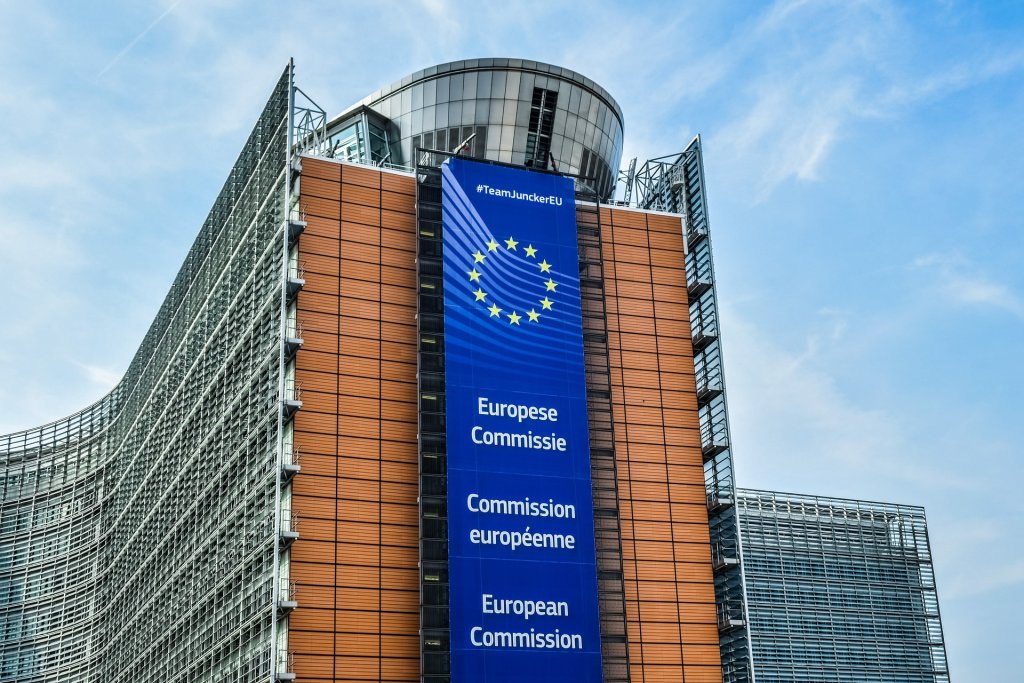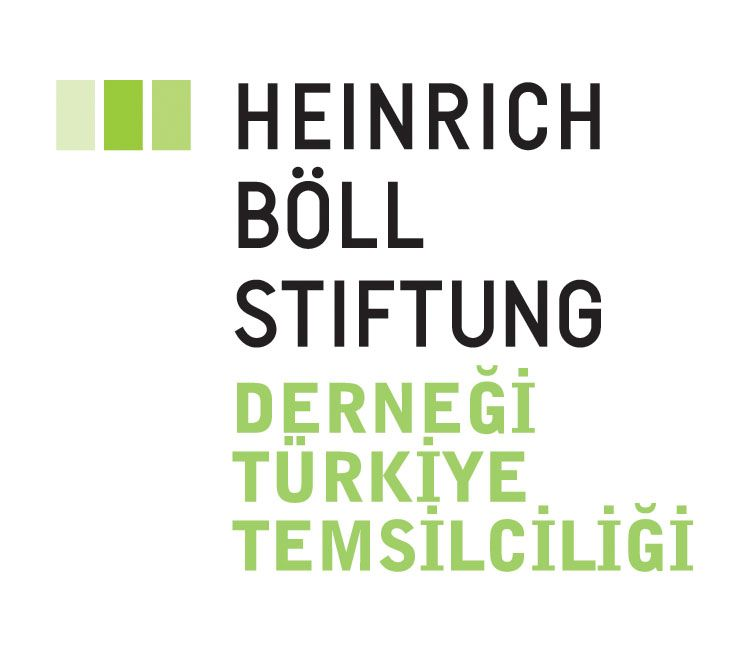
Turkey-EU relations have traditionally been characterized by fluctuations and cycles by which it diverges and moves closer to the EU. Nevertheless, since the mid-2010s, Turkey-EU relations deteriorated from a process of accession to a transactional relationship and further towards an interest-driven and even adversarial one. The revitalization of the relations upon the background of the Syrian refugee crisis in 2015-16 could not be sustained in the medium term. The state of emergency declared in the wake of the July 15 failed coup attempt and the transition to the presidential regime in Turkey following the 2017 referendum triggered increasing criticism from the EU and a widespread perception that Turkey was “moving away from Europe”.
Turkey’s backsliding regarding the political aspects of the Copenhagen Criteria was coupled with multiplying disagreements on the foreign policy front. In 2019, the EU adopted a series of sanctions against what it regarded as Turkey’s “illegal drilling activities” in the Eastern Mediterranean. Efforts by some Member States and the High Representative for Foreign and Security Policy to prevent further tension with Turkey led to the initiation of the “Positive Agenda”, a framework for measures such as trade facilitation, Customs Union modernization, high-level dialogues and people-to-people contacts aiming to bring about renewed engagement between the parties. However, such efforts had limited effects and failed to revitalize the Turkey-EU relationship towards a more positive, trustful, and cooperative path.
Russia’s assault on and invasion of Ukraine changed the underlying conditions of European security and interstate relations. Considerations about the European security order, defined by multidimensional security threats in the post-Cold War World, focused on the need for the common defense against a fundamental threat to the survival of an independent and sovereign country and its people and hence a threat to the rules-based international system. Under these extraordinary conditions, the collective defense commitment through NATO assumed a critical relevance, and Ukraine, followed by Moldova and Georgia, applied for EU membership, the second-best option to NATO membership. While this process reignited the almost still EU enlargement, President Macron’s proposal for a European Political Community (EPC) aimed to bring together countries of the wider European geography, leaving out Russia and Belarus as a symbolic act of defiance against aggression.
Turkey’s position as a NATO member and an honest broker between Russia and Ukraine became a critical factor in the changing European security landscape. Although Turkey’s non-committal to the sanctions regime against Russia raised eyebrows in both the US and the EU, there was also a considerable degree of understanding displayed towards Turkey due to its geostrategic location bordering Russia and Ukraine across the Black Sea, its support to Ukraine’s war effort and its endeavor to mediate between the parties such as in the case of the Grain Deal. Nevertheless, the EU noted its concerns about Turkey’s rising trade with Russia since this may undermine EU sanctions, especially regarding the free circulation of dual-use goods by the Customs Union. Hence, an interest-only relationship based on economic and trade priorities may hit the rocks due to political differences, growing rift and mistrust, and inability to engage and cooperate.
Under the prevailing circumstances, it stands to reason that the challenges from rising adversity between Russia and the West, impending rivalry, and clash over geopolitical interests between the US and China, and various types of conventional, non-conventional, nuclear, and hybrid threats necessitate closer coordination and cooperation between Turkey and the EU. After all, Turkey is a NATO country, a candidate country to join the EU, and a Customs Union partner of the Union. Turkey’s participation in the EPC Summit in Prague was significant due to its inclusion in the anti-Russia front. However, its growing relations with Russia can place Turkey-EU cooperation in danger and alter Turkey’s foreign policy priorities and national interest calculations. Given the low level of dialogue and engagement between Turkey and the EU, how can the parties create the conditions conducive to further cooperation and coordination against common threats?
Turkey and the EU share many areas of interest, including but not limited to deterring Russian aggression. In addition to increasing defense and security cooperation both within NATO and regarding the EU security and defense policy and PESCO framework, high-level dialogue meetings at the foreign ministers’ level and regular Turkey-EU summits may be initiated. Turkey and EU cooperation may also intensify in critical areas such as energy security, the fight against disinformation, and green transformation. The launch of the Turkey Investment Forum, aimed partly at sustaining Turkey’s alignment with the European Green Deal, is a case in point. Turkey may also greatly aid the EU’s energy transition efforts by its favorable disposition toward renewables and potential to produce green hydrogen.
Closer cooperation and dialogue between Turkey and the EU may facilitate a paradigm change in the Eastern Mediterranean from a region beset by conflict over hydrocarbons to one exemplifying cooperation over renewables. However, divergent positions on Cyprus and Greek-Turkish dispute over the Aegean stand in the way of closer cooperation. It is possible to read expressions regarding a staunch stance against Turkey’s position in various EU documents and Council conclusions characterizing Turkey’s actions as illegal and against good neighborly relations. In the recent regular report on Turkey, the European Commission noted that Turkey should respect the sovereignty and territorial integrity of all Member States and take steps to fully respect international law, de-escalate tensions in the Eastern Mediterranean and promote good neighborly relations.
Turkey was also criticized for failing to comply with the EU’s foreign and security policy statements with a “very low alignment rate of 7 %”. Expecting Turkey’s alignment with EU common policies and statements while keeping the accession process frozen is not an effective strategy. Although Turkey is partly to blame for the failure of the accession process due to its diversion from EU reforms, it was the EU that suspended eight chapters in 2006 in connection with the Cyprus conflict and then failed to open further chapters due to Member State vetoes. Therefore, a genuine engagement and closer cooperation would depend upon a renewed effort to resolve the Cyprus dispute and further engagement between Greece and Turkey over bilateral issues. Without the Cyprus problem out of the way, it will be difficult for the EU and Turkey to cooperate on security issues, intensify bilateral relations, step up Turkey’s integration into the Single Market and improve their cooperation in the Eastern Mediterranean.
The accession prospect still seems to be the most effective framework for regulating Turkey-EU relations and integrating Turkey further into the European security order, although it is not the most plausible under the current EU approach.

Cigdem Nas is the Secretary-General of the Economic Development Foundation (IKV), an NGO specialized on Turkey-EU relations. She is also an associate professor of international relations and a member of staff at the Department of Political Science and International Relations of the Yildiz Technical University in Istanbul. She graduated from the Political Sicence Department of Bosphorous University in 1988, completed her Masters on European Social Policy at the London School of Economics and Political Science and her Doctorate athe Marmara University EU Institute on the minority rights regime in Europe in 2000. She worked as a researcher at the Istanbul Chamber of Industry between 1992-94, then joined the EU Institute of the Marmara University as a research assistant. She became an associate professor in 2007 and transferred to the Yildiz Technical University. She is the author or several books and articles on the EU and Turkey-EU relations including Turkey and the EU: Processes of Europeanization ve Turkey and EU Integration: Achievements and Obstacles published by Routledge. She is a member of the Turkish University Studies Association on EU Studies (TUNAECS), Academic Network of European Studies in Turkey (A-NEST), the Europe Team of the Delegation of the EU in Ankara, Jean Monnet Scholars Association, Global Relations Forum, and International Political Science Association (IPSA).
To cite this work: Çiğdem Nas, “Turkey and the EU: Common Challenges and Shared Interests in a Conflict-Ridden World”, Panorama, Online, 26 March 2023, https://www.uikpanorama.com/blog/2023/03/26/cn

This article has been prepared with the support provided to the International Relations Council and the Global Academy by the Heinrich Böll Stiftung Association Turkey Representative within the scope of the project titled ‘Foreign Policy for the 21st Century; Peaceful, Equitable, and Dynamic Turkey’.
Copyright@UIKPanorama. All on-line and print rights reserved. Opinions expressed in works published by the Panorama belongs to the authors alone unless otherwise stated, and do not imply endorsement by the IRCT, Global Academy, or the Editors/Editorial Board of Panorama.

